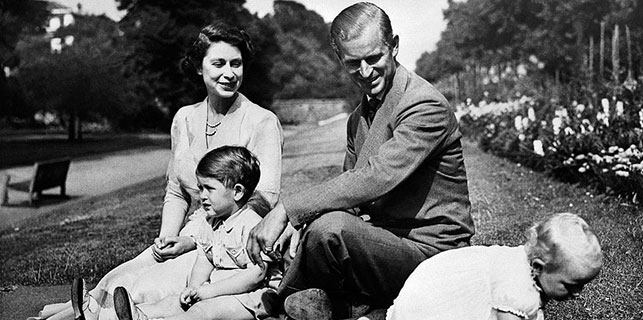Unemployed graduate sues Oxford for $1.3 m over inadequate teaching
An unemployed graduate is suing Oxford University because he did not get a first-class degree, which he claims hindered his chances of a lucrative legal career.
Faiz Siddiqui began his court case at London's High Court on Tuesday over allegations of "inadequate" teaching he received on an Indian special subject, part of his modern history course, which he said resulted him in getting a second-grade 2:1 degree in June 2000 instead of a "first" or high 2:1.
He claimed that had he received adequate teaching and achieved his higher grade, he would have gone on to become an international commercial lawyer.
The 39-year-old blamed staff members being absent on sabbatical leave and is claiming damages of 1 million pounds ($1.3 million).
Siddiqui, who studied at Brasenose College, also alleges that a tutor failed to submit medical information about him to examiners.
He claimed that his clinical depression and insomnia had been worsened by his "inexplicable failure".
The London court heard that Siddiqui was a "driven young man" as a student, aiming at a postgraduate qualification from an Ivy League university before a career at the tax bar in England or a major US law company.
Second rate
His barrister Roger Mallalieu told Mr Justice Foskett that, "while a 2:1 degree from Oxford might rightly seem like a tremendous achievement to move, it feels significantly short of Mr Siddiqui's expectations and was, to him, a huge disappointment".
Under the UK's university grading system, a first, or first class, is the highest honors degree achievable. A second-class degree is split into two divisions, the higher of which is the upper second class, commonly known as a 2:1.
Mallalieu said that Saddiqui's employment history in legal and tax roles after Oxford was "frankly poor" and he is now unemployed. "Mr Siddiqui has been badly let down by Oxford. He went there with high, perhaps extraordinarily high, expectations," he added.
After graduating from Oxford, Siddiqui trained at a major law company, Clifford Chance, according to court filings, but was not kept on at the end of the program. He worked for three other law firms and then as a tax adviser at the accounting company EY but was dismissed in December 2011 "essentially for poor performance", court papers said.
The university asked last year for his case to be struck out, but a judge ruled that a trial should take place.
Oxford University denies negligence and said the case was brought "massively" outside the legal time limit.
Julian Milford, representing the institution, told the court that Siddiqui complained about insufficient resources, but had only described the teaching as "a little bit dull".


















